UI VCSHIP: Recent Events and Questions from the Senate of the University of Ibadan on the Crisis Surrounding the Appointment of Vice Chancellor
Recent Events
1. On the 21st of September 2020, an election held in the Senate for two representatives to represent it on the selection board to appoint the next vice Chancellor. There were nine contestants, and the following were the results:
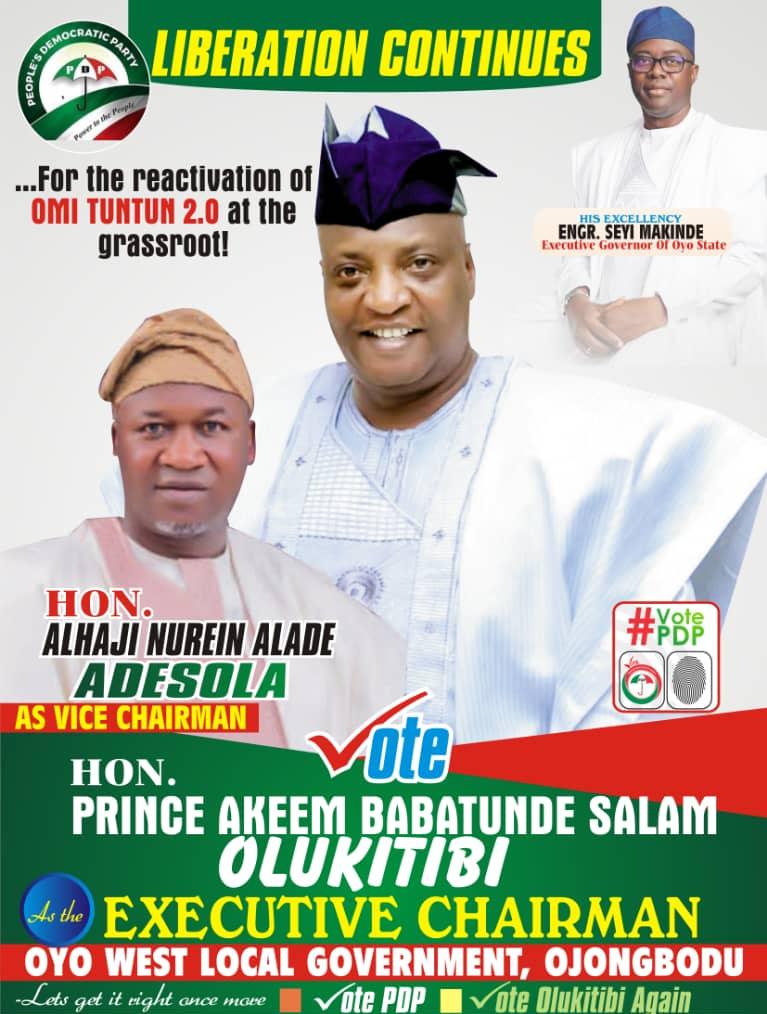
Olapegba 362
Ayoola 352
Aremu 132
Dasylva 94
Ajewole 84
Fasanmade 77
Adetimirin 67
Akinsola 20
Arinola 20

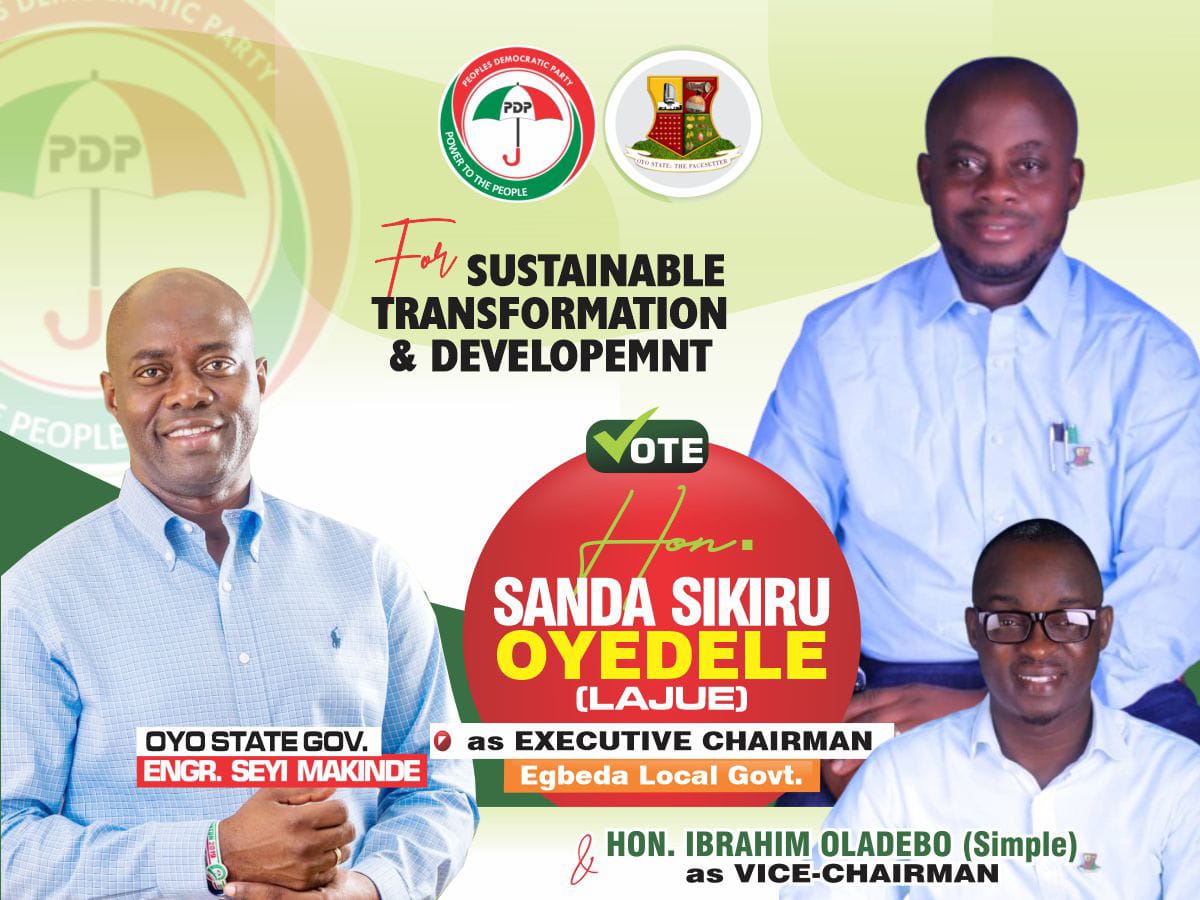
2. Profs. Dasylva and Arinola protested the result of the election vide petitions to the Council Chairman.
3. The Council Chairman referred their petitions to Senate because the petitions were more against the process and result of a Senate election coordinated by a committee of Senate.
4. Senate met on 8th October to consider the petitions and resolved that they were baseless. The result of the election of 21st September was upheld. There were 301 people in attendance at the meeting.
5. Of course, Dasylva objected to the petitions being considered by Senate. He declared a vote of no confidence on Senate.
6. When Council considered the recommendation of the Senate on the petitions from Dasylva and Fasanmade on 26 October, it agreed that they were unfounded. It however noted that they had a right to protest, hence ruled that the petitioners should not be sanctioned. It subsequently went on with the process to appoint the next Vice Chancellor until 28th October when Council was forced to suspend the exercise due to disruption by rampaging SSANU and NASU members.
7. It is understood that at this point the Chairman of Council informed the Federal Ministry of Education of the development but gave the assurance that the situation was under control and would be completed soon.
8. SSANU and NASU initially raised issues about the process and complained about a perceived attempt by the outgoing VC to impose a candidate on the University and the candidature of an external person who they seem to have a grouse with as a result of his previous appointment as the VC of a state University. These complaints were, however, later withdrawn.
9. On 23 November, the University received a directive from The Federal Ministry of Education to resume and complete the process for the appointment of a Vice Chancellor immediately. Steps recommended included a repeat election of the two Senate representatives to the VC selection board. And Council’s REVIEW (NOT REPEAT) of the whole process.
10. The matter on the repeat election, on the advice of the Chairman of Council, was referred to Senate through the Vice Chancellor. After deliberations, while Senate noted that the Federal Ministry was interfering in the internal process of the University, which amounts to a violation of its autonomy, it decided to waive the right to protest to allow for the completion of the appointment process.
11. It also decided to hold the election on the following day, 24 November, in compliance with the clause that IMMEDIATE actions needed to be taken.
12. However, 6 of the 9 candidates for the repeat election chose to opt out of the new election on the ground that the notice was short, apparently not considering the word IMMEDIATE in the letter by the Ministry of Education. These persons also received the invitation to the Senate meeting where the decision to hold the re-election was taken.
13. However, it was noted earlier in Senate that in several federal universities in Nigeria, nominations are made on the floor of Senate and elections are conducted immediately without any campaign by nominated candidates. In the UI case, it was only a re-election. And part of the protests mounted against the initial process was the eligibility of some persons to campaign. This means that the best option to avoid campaign complications was to agree (as was done by the majority of the attendees) to hold the election immediately. It was only the Senate secretariat that had to prepare and it gave the assurance through the Registrar’s commitment and was actually ready for the election the following day, 25th November 2020.
14. It was therefore not clear why the 6 candidates opted out after being duly notified: their non-participation was voluntary and an exercise of their right, but could not stop the others from participating and the process from continuing. So, the process continued and the election was held.
15. At the end of the repeat elections, 313 votes were cast and the following declared:
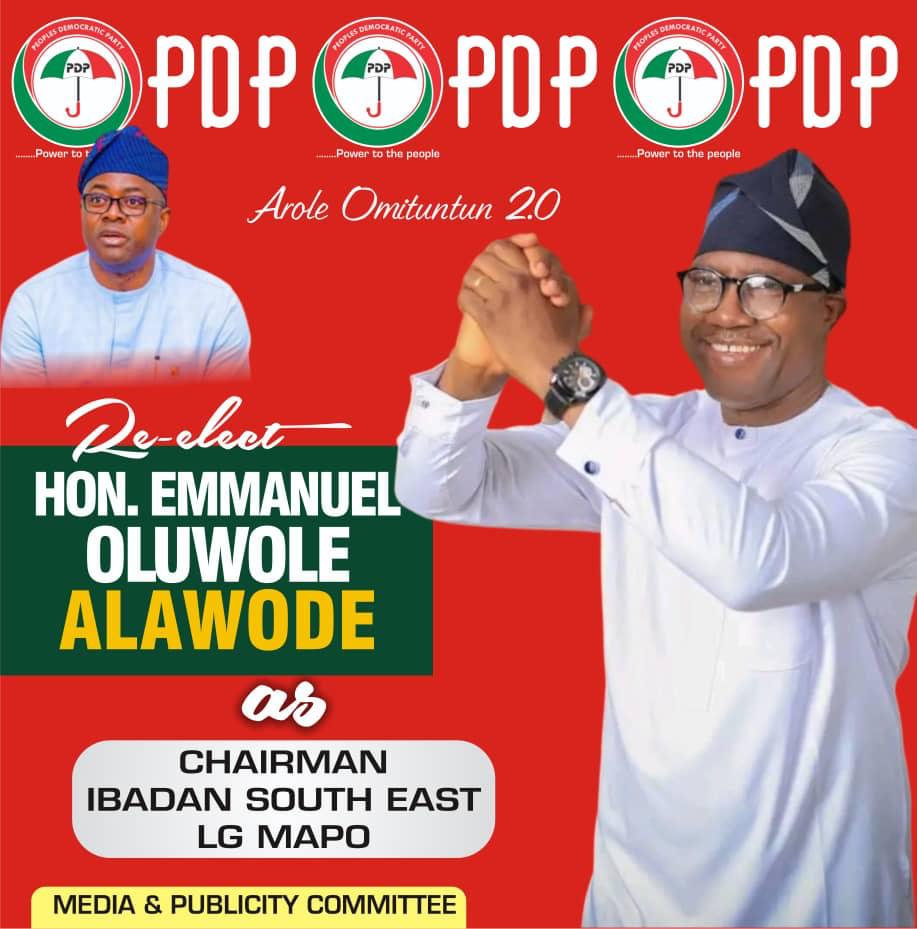
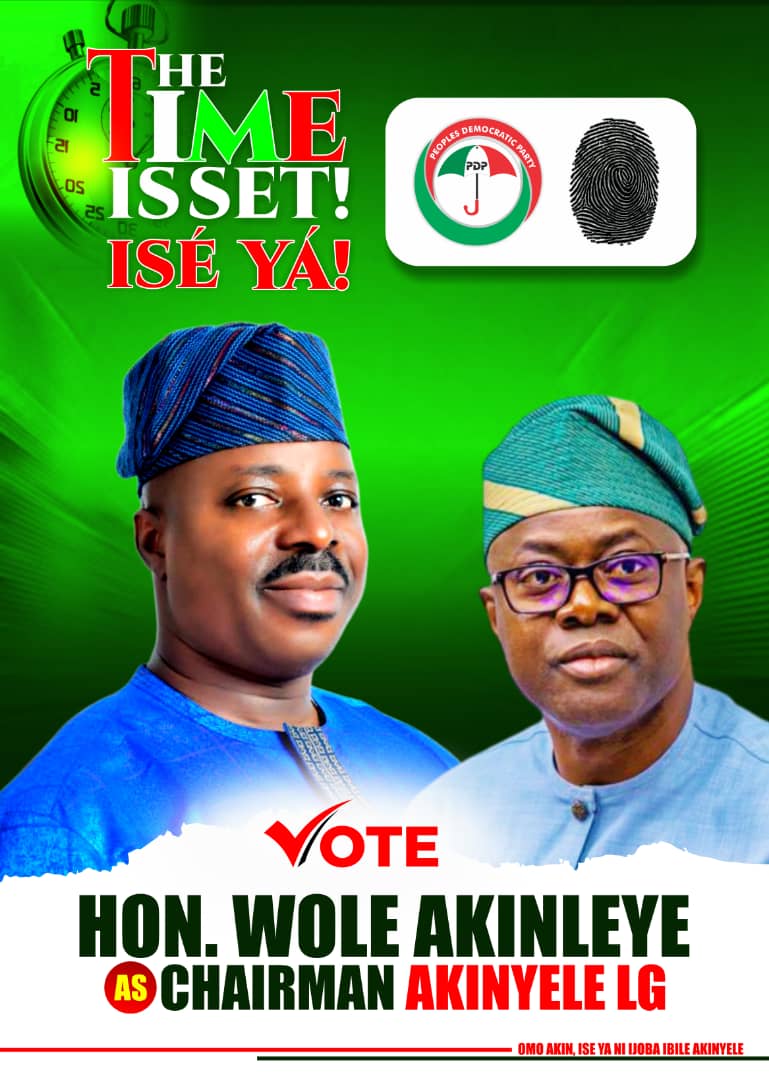
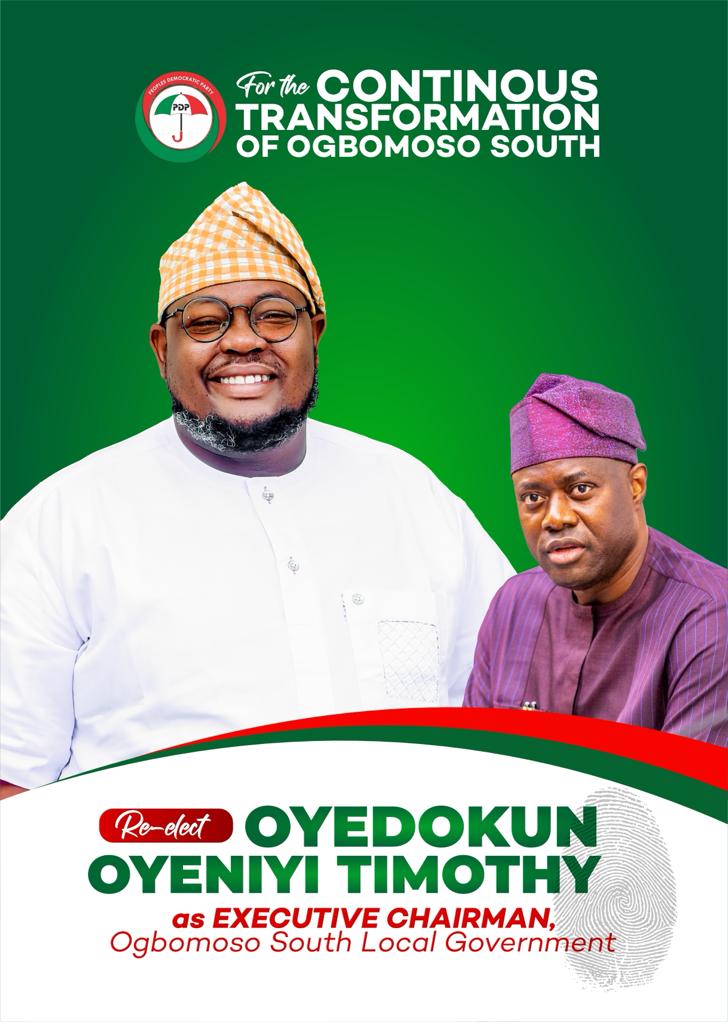
Olapegba 302
Ayoola 299
Akinsola 17
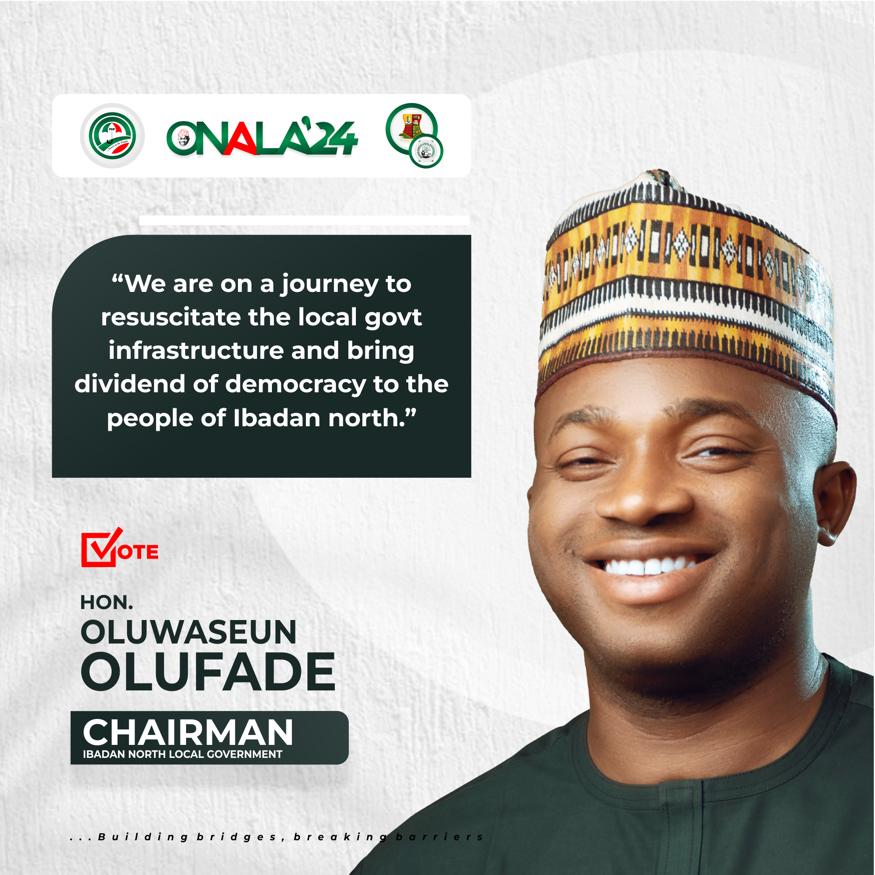
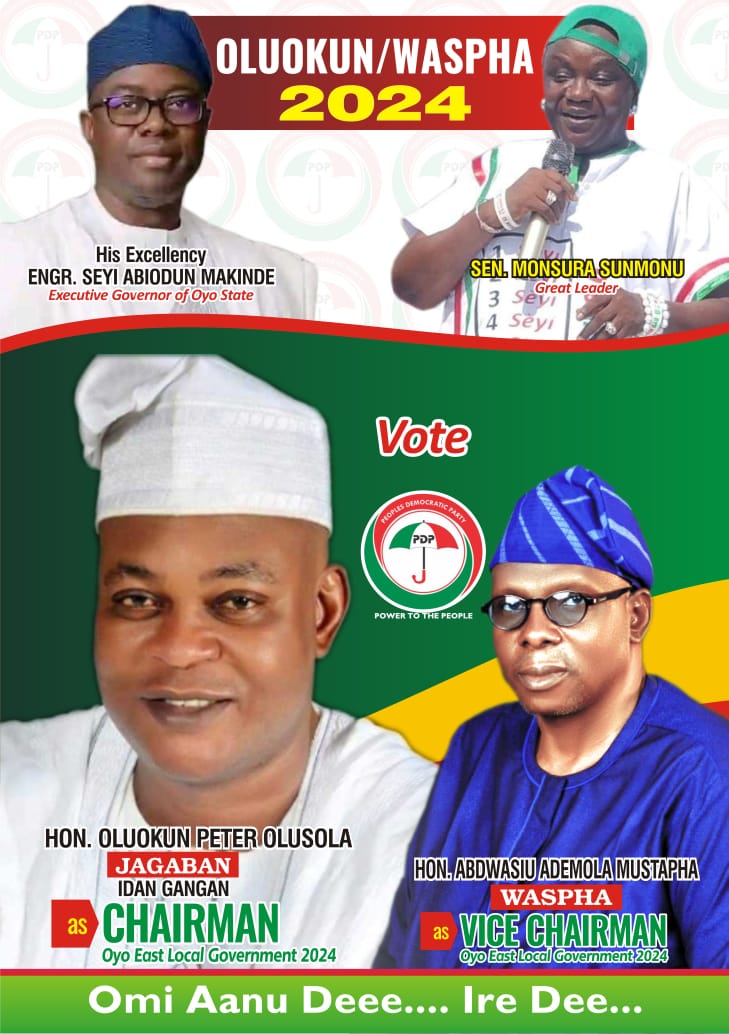
16. It was reported that on Thursday, 26 November, there was a communication to the Council Chairman from the Federal Ministry of Education to disregard the latest election held in Senate.
17. On Friday, 27 November, another letter was received from the NUC advising that Senate should meet again on Monday 30 November to nominate an Acting Vice Chancellor who shouldn’t be one of the candidates for the position of VC. Council should meet later on the same day to consider and approve the recommendation from Senate.
Note: All of these issues are no secret to the Nigerian public. Many traditional and online news outlets have published them as reported by a number of inside sources.
Important Questions For Decision Makers on the Issues
1. Why was the complaint of only two contestants in the Senate election to Council given more weight than the position of the Senate of the University of Ibadan?
2. Why were the responses from those accused by the two petitioners not considered and properly addressed, and consequently factored into the judgment by the federal authorities?
3. Why has there been no response to all the official communications from Senate to the Federal Ministry of Education?
4. Why is the Federal Ministry of Education overriding the Senate of the University of Ibadan?
5. Can it be said that the Ministry has been fair and objective in its decisions and directives?
6. Does it not seem that the autonomy of the University of Ibadan is being violated?
7. It was hinted on good authority that the autonomy of the university will be further eroded by the rejection of any nomination for the position of Acting Vice Chancellor, irrespective of how strictly rules have been followed if such a nomination is not consistent with the preference of the federal might. At least, an external member of Council was heard to have mentioned some of the names now being campaigned for for the Acting VC (position by some persons in UI), whose nominations could not be supported with extant rules. If all these are true; to what extent could equity be ascertained of the role of the federal authorities?
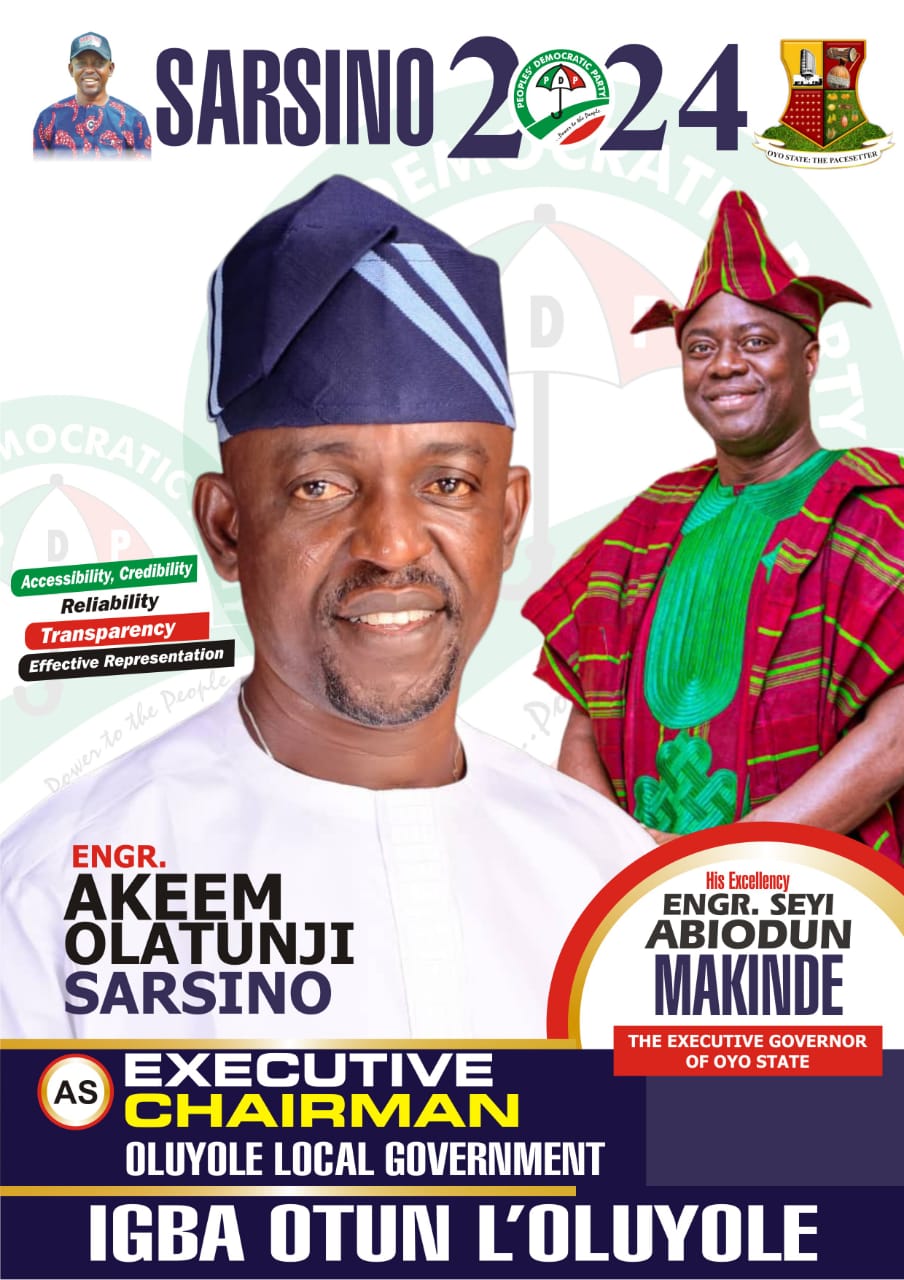
Note: The top Management of the Federal Ministry of Education and the National Universities Commission are absolutely trusted to be able to ensure equity in the current process by insisting that a rule-governed process be conducted. They have demonstrated this trust several times in issue concerning UI and other federal universities in Nigeria. Therefore, their track record of objective judgment will be appreciated to prevent UI from slipping into confusion over the appointment of the VC.
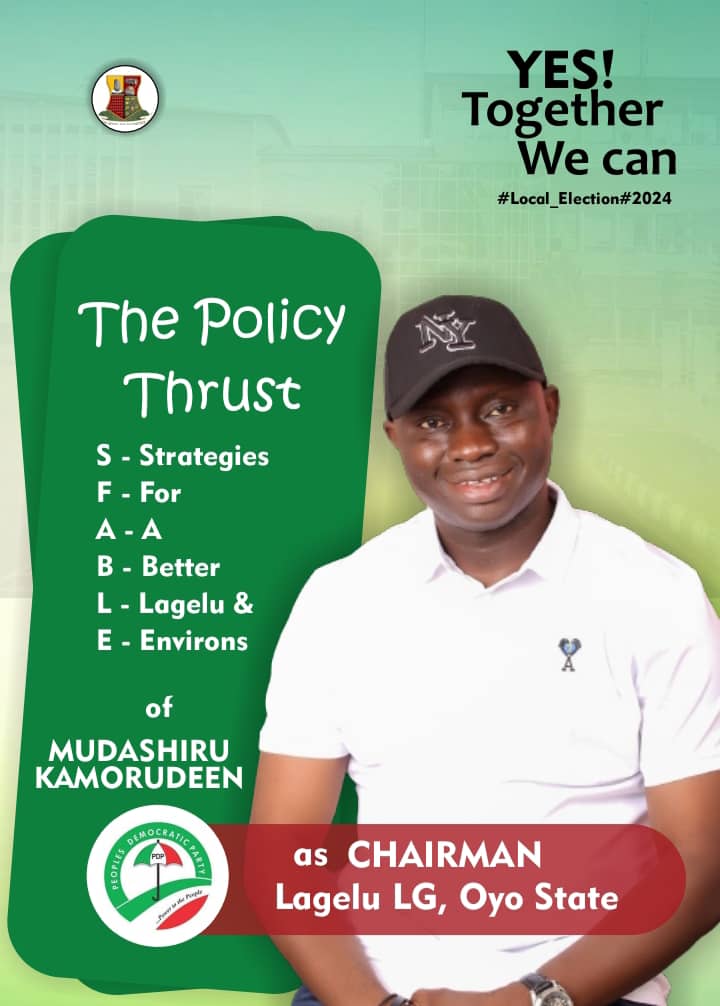
Concerned Members of Senate, University of Ibadan.

